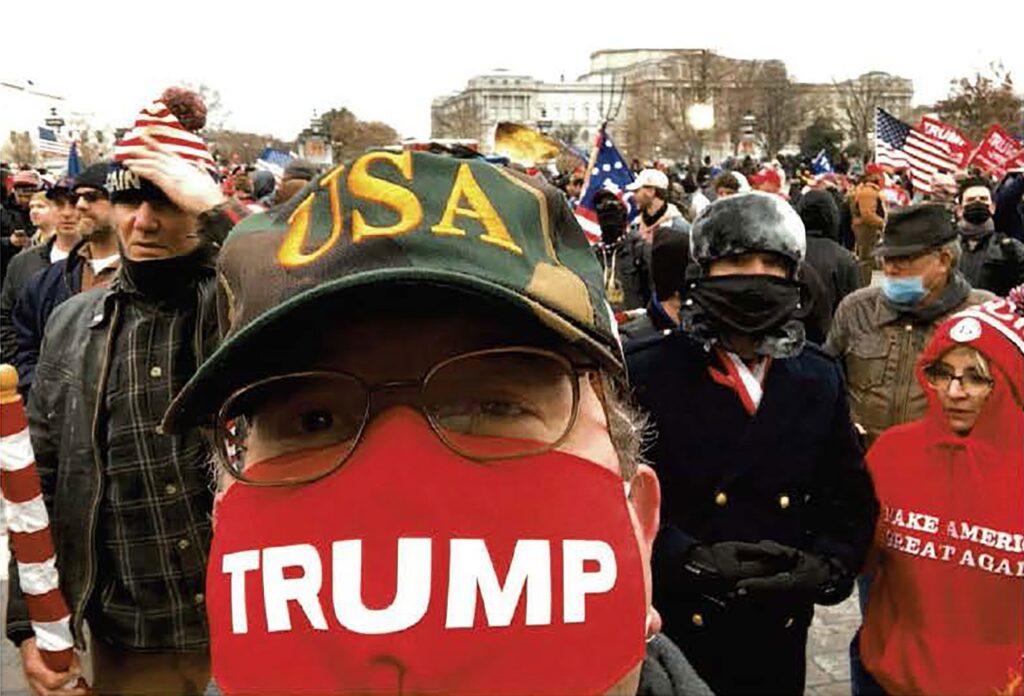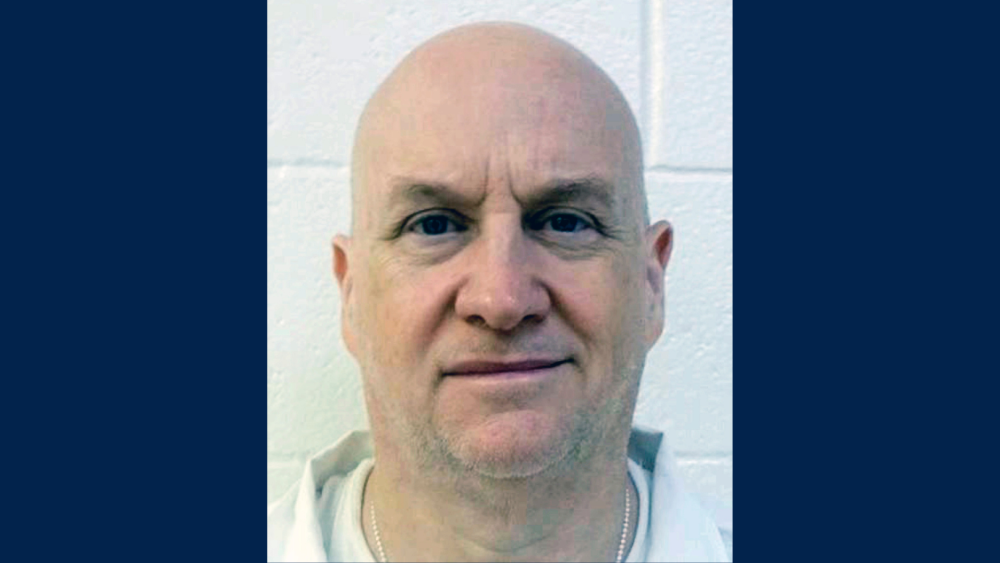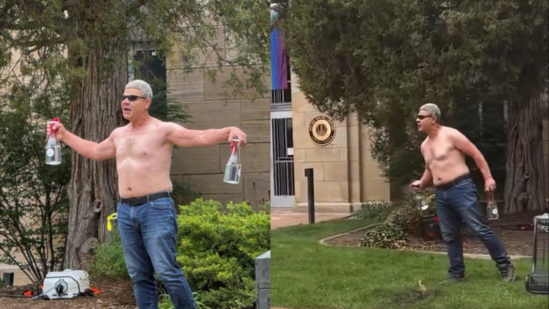A federal judge has ruled that a New Mexico man who was acquitted of all charges related to the Jan. 6 Capitol riot is not entitled to have his arrest and trial record expunged, despite his claims of reputational harm.
U.S. District Judge Trevor McFadden, appointed by President Donald Trump, denied Matthew Martin’s motion in a nine-page opinion issued Friday, holding that while Martin was “fully acquitted” of several misdemeanor charges following a 2022 bench trial, he failed to meet the legal threshold for the “extraordinary remedy” of expungement.
“Martin has not attempted to show a statutory or constitutional violation during his arrest, trial, or conviction,” McFadden wrote. “So this Court has no violation on which to rest the equitable remedy of expungement. His motion is denied.”
Judge: Acquittal Alone Isn’t Enough
Martin, who once described the riot as a “magical day,” argued that his clean record prior to Jan. 6, the public nature of his trial, and the alleged damage to his FBI background check all warranted the deletion of the case from his record.
He claimed that government records were “inaccurate,” “prejudicial,” and “served no proper purpose.” However, McFadden noted that prior rulings from federal appellate courts require petitioners to demonstrate a violation of constitutional or statutory rights—not just acquittal—for expungement to be considered.
Background of the Case
Martin was charged with four misdemeanors, including entering a restricted building and disorderly conduct. He was acquitted in April 2022 after a bench trial in which McFadden found that prosecutors failed to prove that Martin acted with criminal intent, according to Law & Crime.
At trial, Martin testified that police officers appeared to allow him into the building. Judge McFadden agreed that this made Martin’s belief he had permission to enter “plausible,” despite several warning signs, including barricades, broken glass, and blaring alarms.
Martin was inside the Capitol for approximately 10 minutes, during which time he filmed video on his phone and stood with a crowd facing off against officers, according to court documents. He did not commit acts of violence.
Employment and Reputation
Martin argued that his arrest record harmed his professional reputation, noting that he was fired shortly after being charged. However, the court noted that Martin previously stated he was not seeking expungement for employment-related reasons, undermining that part of his claim.
Legal and Political Context
The ruling comes as courts continue to handle the legal fallout from the Capitol riot, which resulted in hundreds of arrests and prosecutions. McFadden has emerged as a key judicial figure in several Jan. 6 cases, gaining attention for his willingness to acquit defendants when he believes prosecutors fall short of the burden of proof.
Legal experts say Friday’s ruling reinforces the narrow legal standards for expungement in federal court and confirms that an acquittal—even in high-profile cases—is not by itself grounds to erase the public record of an arrest and trial.
No Appeal Filed—Yet
Martin has not indicated whether he plans to appeal the ruling. For now, the public record of his arrest, charges, and trial will remain accessible, even though he was found not guilty of any wrongdoing.
As Judge McFadden wrote in his closing: “The court does not have the authority to erase public records absent a violation of the law. That threshold simply wasn’t met here.”



